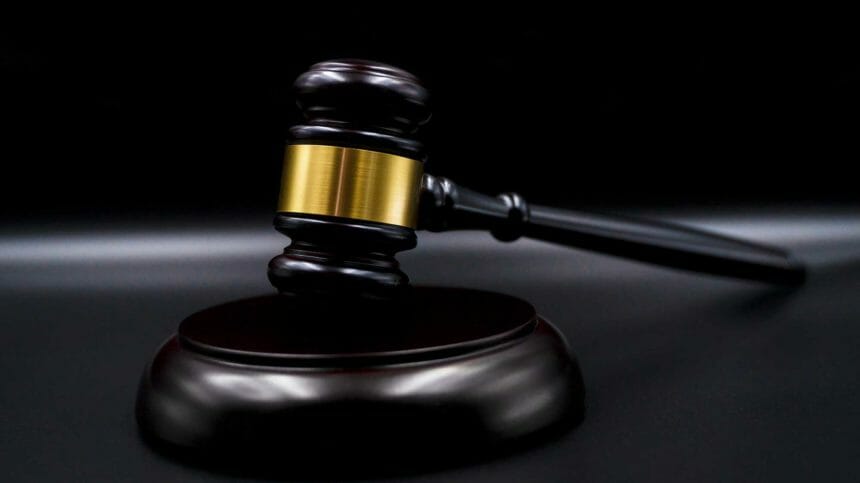
Legal teams for both long-term care operators and the residents and families affected by the COVID-19 pandemic are gearing up for lawsuits alleging neglect and wrongful death as a result of the virus — proceedings in which many of the rules are still being determined.
“It’s not very often that you’re on the cusp of an entirely new cause of action,” Rachel Stahle, a nursing home abuse and neglect attorney and a partner at Kansas City, MO-based law firm Dollar Burns & Becker, told Modern Healthcare.
Many families are arguing that their loved ones were neglected, but defense lawyers say long-term care operators have been working hard to follow changing regulations on testing, personal protective equipment and infection control during a global pandemic that targets the elderly and puts intense pressures on healthcare providers.
Many states have passed civil immunity laws that protect businesses from COVID-19-related litigation, except in cases of willful, reckless, intentional or grossly negligent misconduct. Defense lawyers are also claiming that the Public Readiness and Emergency Preparedness Act, which offers immunity to liability for COVID-19 countermeasures, covers all COVID-19 lawsuits at long-term care facilities. So far, however, the courts have disagreed, Stahle told the media outlet.
The American Health Care Association / National Center for Assisted Living also have “advocated for reasonable, limited liability protections that defend staff and providers for their good faith efforts during this challenging time.”
“We understand that loved ones are grieving and looking for answers, but this is a vicious virus and an unprecedented public health crisis,” AHCA/NCAL told the media outlet. “Caregivers are doing everything they can, often with limited resources and ever-changing information. Providers or individual healthcare workers who were following government guidance should not be held responsible for their good faith efforts during this once-in-a-century pandemic.”
Many legal experts advise long-term care operators that ongoing communication with residents’ families and strict documentation are key to avoiding COVID-19 lawsuits.




